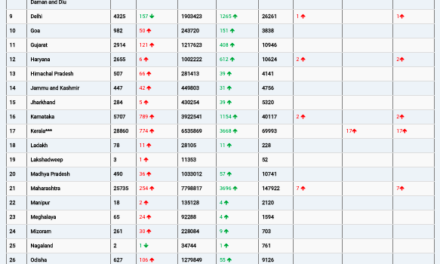Selective Kappa Opioid Receptor Blocker May Offer New Treatment Avenue for Alcohol Use Disorder
In a groundbreaking study, scientists at Scripps Research have identified a promising compound that could significantly reduce alcohol consumption in cases of alcohol dependence. Published in Scientific Reports, the findings suggest that LY2444296—a compound that selectively blocks the kappa opioid receptor (KOP)—holds potential as a novel treatment option for individuals with alcohol use disorder (AUD).
Led by Rémi Martin-Fardon, Ph.D., an associate professor in the Department of Molecular Medicine, the research team investigated the therapeutic effects of LY2444296 in animal models of alcohol dependency. The kappa opioid receptor, known to play a crucial role in various mental illnesses, including anxiety and depression, also influences alcohol use disorder.
“The KOP system is a key player in addiction and emotional regulation, making it an attractive target for intervention,” explains Dr. Martin-Fardon. “By selectively blocking the KOP, we aimed to disrupt the neural circuits associated with alcohol abuse and mitigate withdrawal symptoms.”
Francisco Flores-Ramirez, Ph.D., a postdoctoral fellow at Scripps Research and the study’s first author, highlights the significance of the KOP system in controlling neurological processes related to addiction and reward-seeking behavior. Both acute and chronic alcohol exposure disrupts this system, exacerbating alcohol dependence.
In their investigation, Martin-Fardon and Flores-Ramirez administered LY2444296 orally to rats with alcohol dependency and observed a significant reduction in alcohol consumption following only 8 hours of abstinence. Remarkably, even low doses of LY2444296 were effective in mitigating withdrawal symptoms without inducing adverse effects in non-dependent rats.
The unexpected efficacy of LY2444296 in alleviating withdrawal signs underscores its potential as a therapeutic intervention for alcohol dependence. Dr. Martin-Fardon emphasizes the importance of targeting withdrawal symptoms, as they often drive individuals to continue drinking to alleviate discomfort.
“Our findings suggest that LY2444296 could offer relief from withdrawal symptoms, potentially reducing the urge to consume alcohol,” notes Dr. Martin-Fardon. “By addressing the underlying neurobiology of alcohol dependence, we may pave the way for more effective treatment strategies.”
Moving forward, the researchers aim to explore the specific brain regions targeted by LY2444296 and its potential to block stress-induced alcohol relapse. Francisco Flores-Ramirez highlights the importance of identifying neural circuits associated with alcohol dependence, offering insights into mechanisms underlying drinking behavior and relapse.
As the search for effective treatments for alcohol use disorder continues, the discovery of LY2444296 represents a significant advancement in the field. With further research and clinical trials, this selective kappa opioid receptor blocker may offer hope to millions struggling with alcohol dependence.










